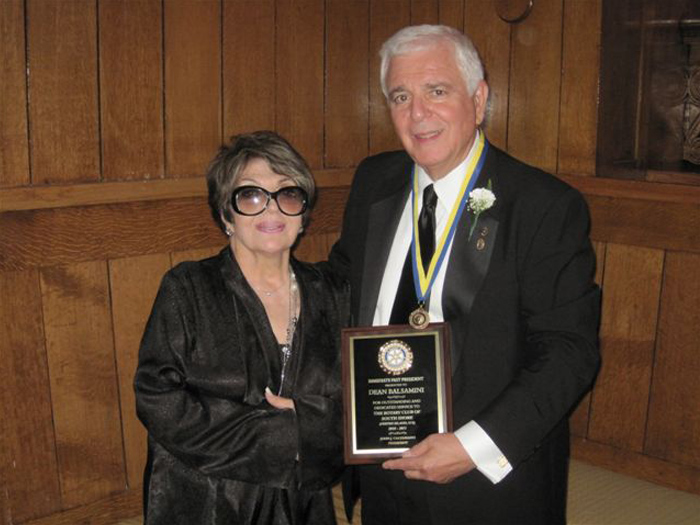Angelica Grant, a senior Psychology major enrolled in The Verrazano School at CSI, won first place for her poster at the 20th Annual CSTEP Conference in Lake George recently.
CSTEP students from all over the state presented their posters to students, faculty, and a panel of judges. The conference was comprised of several student workshops as well as programs geared to professional development. The highlight, however, was when the students themselves took center stage during the presentation of their posters. Grant’s poster, entitled “Children’s Socio-Cognitive Understanding of Jealousy: Effects of Age, Gender, and Perspective-Taking Ability during Middle Childhood,” earned her first-place honors and some very interesting research on child development. Her research centered on the personal narratives of children aged five to 11 and their “talk about their jealousy experiences as it relates to their emotion understanding and perspective-taking ability.” She hopes that her results will help in the development of ways to better support children who have difficulties in their relationships with others.
Grant, normally a shy, quiet speaker, remarked that she was “so happy to present my poster, I would gladly do it again.”
She also went on to describe her time at CSI, specifically with CSTEP, as “a great experience. The faculty, the staff, other students, everyone is really helpful and makes it a fruitful college experience.”
Many other CSI-CSTEP students presented at the conference, including Juan Cordona, Doriane Bouobda, Frantz Pierre-Toussaint, Melice Golding, and Norma Matos-Jackson.
“All of our students made quite an impression on the judges and faculty in attendance,” said Debra Evans-Greene, Director of the CSTEP program at CSI.
Angelica is currently working on applications for graduate school and recently completed an internship at an adult rehabilitation center, caring for people with psychiatric disorders. She called her time at the rehabilitation center, “refreshingly different from what I have done in the past” and believes it has opened up several new opportunities she did not believe she had.
In all, the CSTEP program is all about opening up new opportunities for a number of historically underrepresented and economically disadvantaged students. CSTEP students receive intense training in the sciences, as well as one-on-one mentoring and access to faculty and research. They also receive internship opportunities and career guidance specifically tailored to their fields of expertise.
“What sets CSTEP apart is the support,” said Evans-Greene. CSTEP recruits approximately 20 incoming students every summer and the mentoring begins there. The students join workshops with the science faculty to expose them to the possibility of working with some of the best researchers in the country. Once enrolled, each cohort of students spends about one month together for five hours a day focusing on math and writing skills. At these workshops, they also get the chance to meet with engineering, math, and nursing faculty, and professors from many of the other sciences to help them determine which major they would like to eventually join.
Evans-Greene works as the Director of the program, but much of herself goes into her work. Much of what she does is act as a sounding board for the students. “Sometimes we have to work through the issues that prevent them from achieving academic excellence,” said Evans-Greene. “We don’t settle for in-between.”
Many CSTEP students go abroad to perform research and several have gone on to become PhD candidates. One student has been with CSTEP at CSI since the ninth grade. The support and expectation of excellence helps to ensure that CSTEP students have a bright future once they graduate, or, as Evans-Greene puts it, “Set the bar high, you will achieve it.”

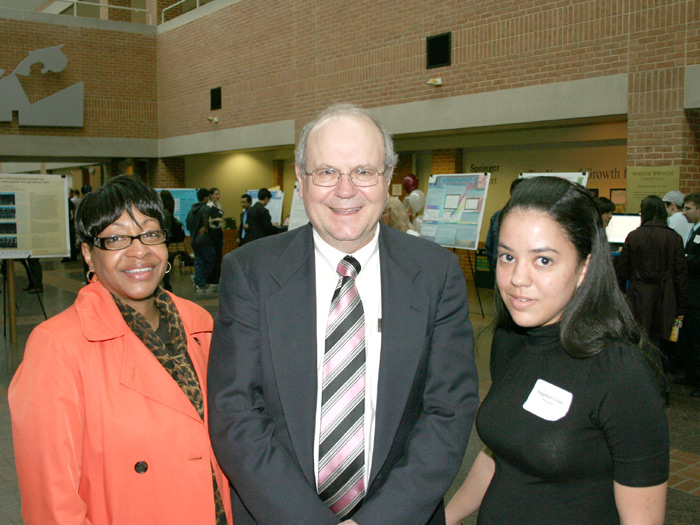
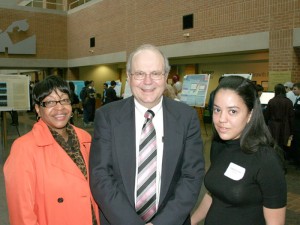
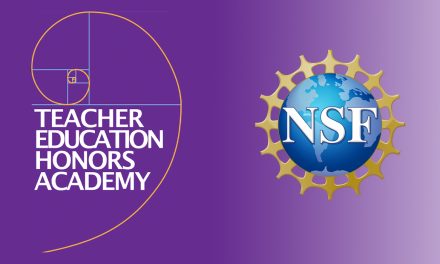
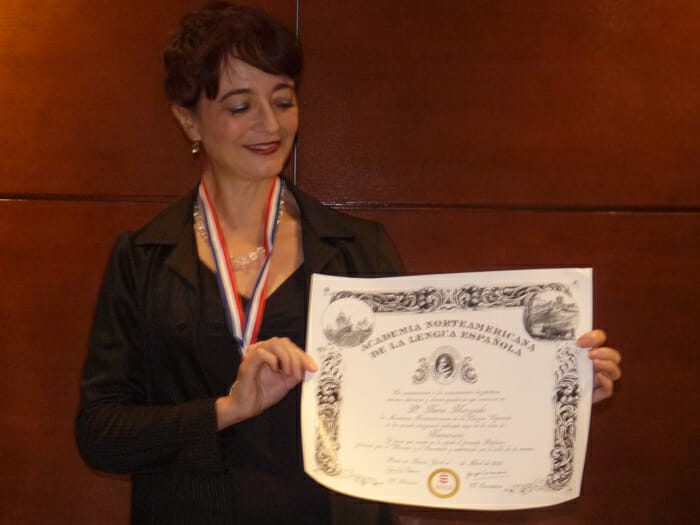
![[gallery] Ceremony Honors Employees of the Month](https://csitoday.com/wp-content/uploads/2011/11/employee_of_the_month_110111.jpg)
